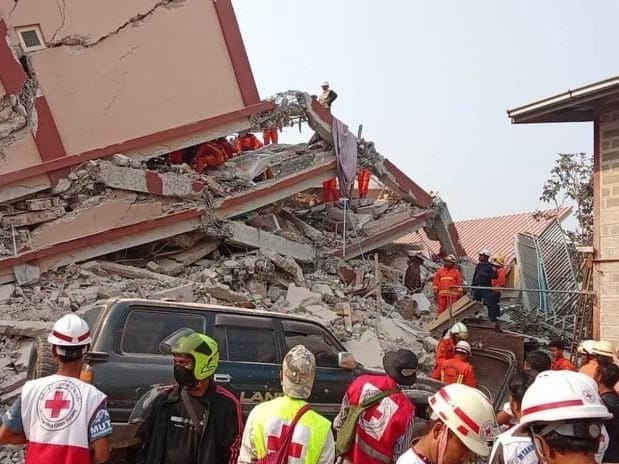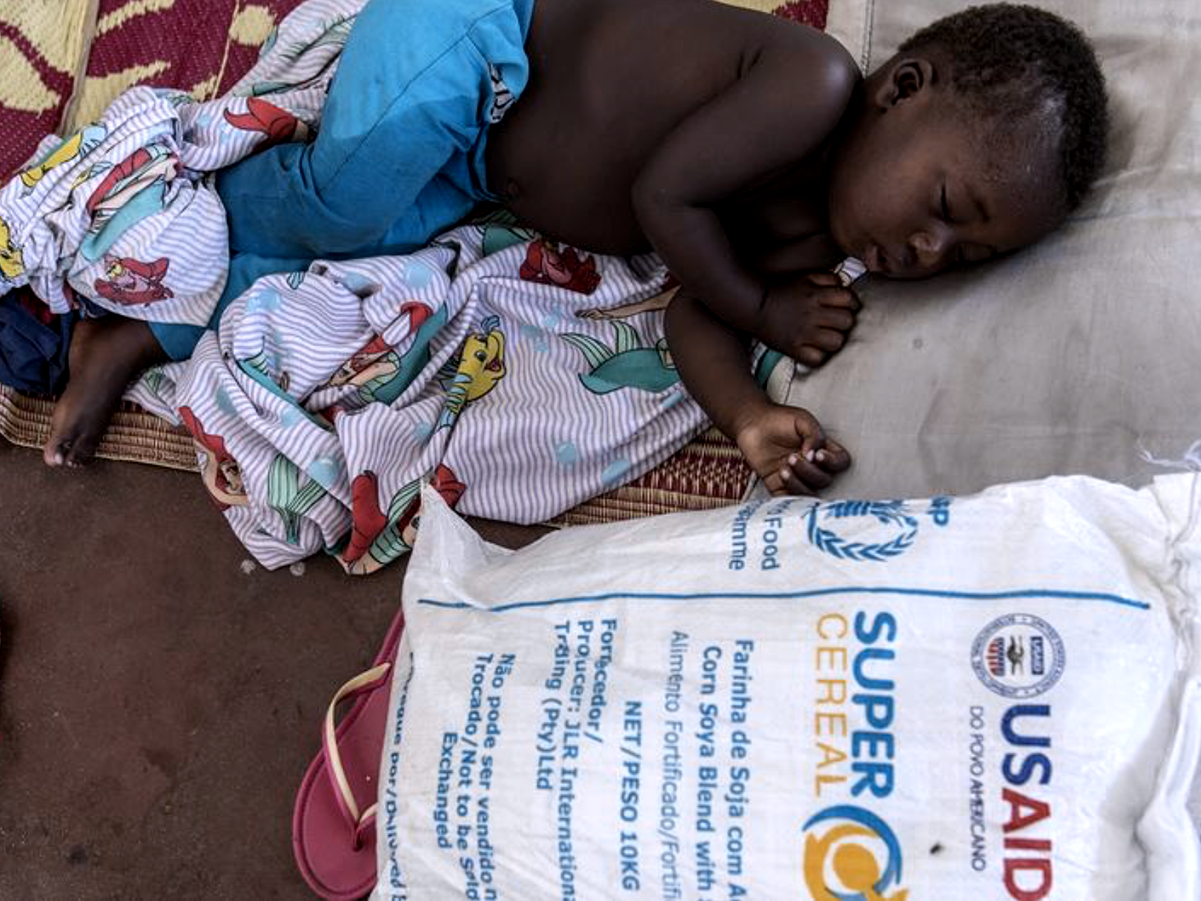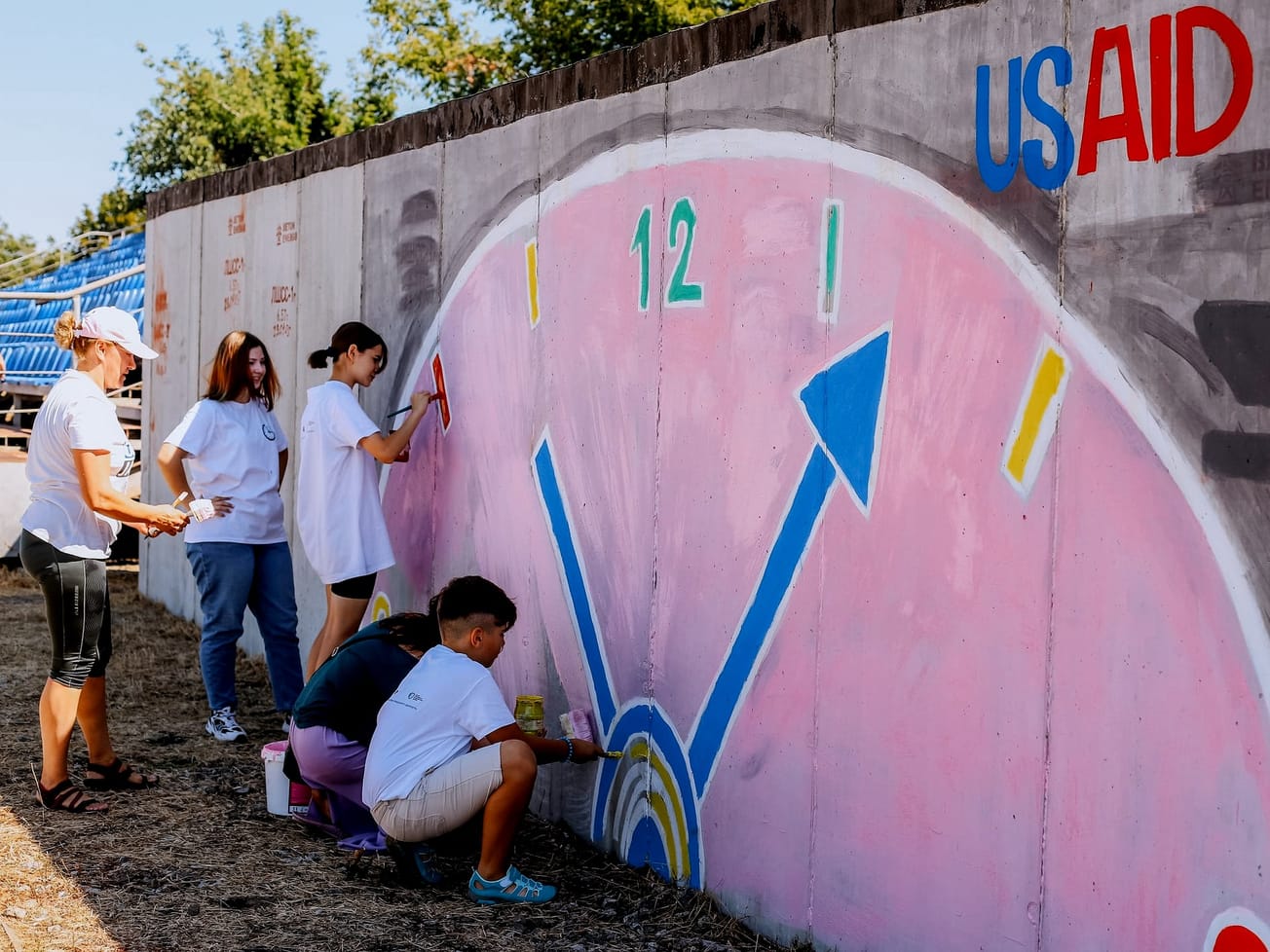As the death toll mounts and time runs out to save victims buried in the wreckage of Myanmar's second-most powerful recorded earthquake, humanitarian organizations are rushing to provide whatever help they can while appealing to the international community for money and support.
U.N. humanitarian chief Tom Fletcher arrived in Myanmar on Friday while the U.N. refugee agency appealed for $16 million to help 1.2 million people who survived the earthquake by expanding its emergency relief efforts, managing displacement sites and supporting vulnerable people in six affected regions throughout the year.









